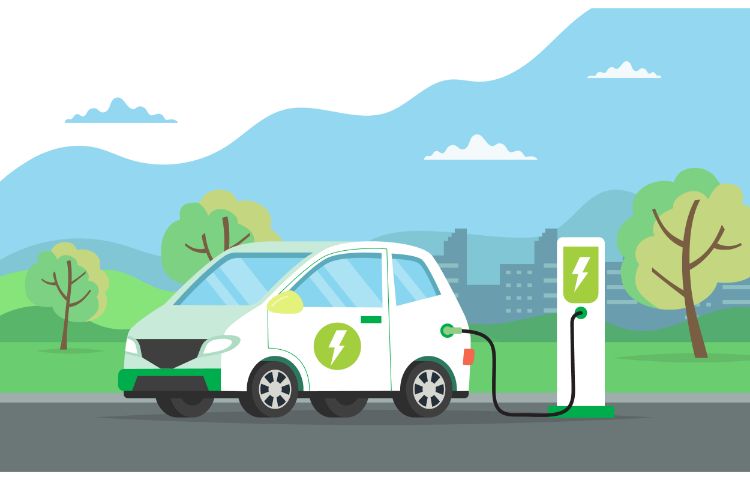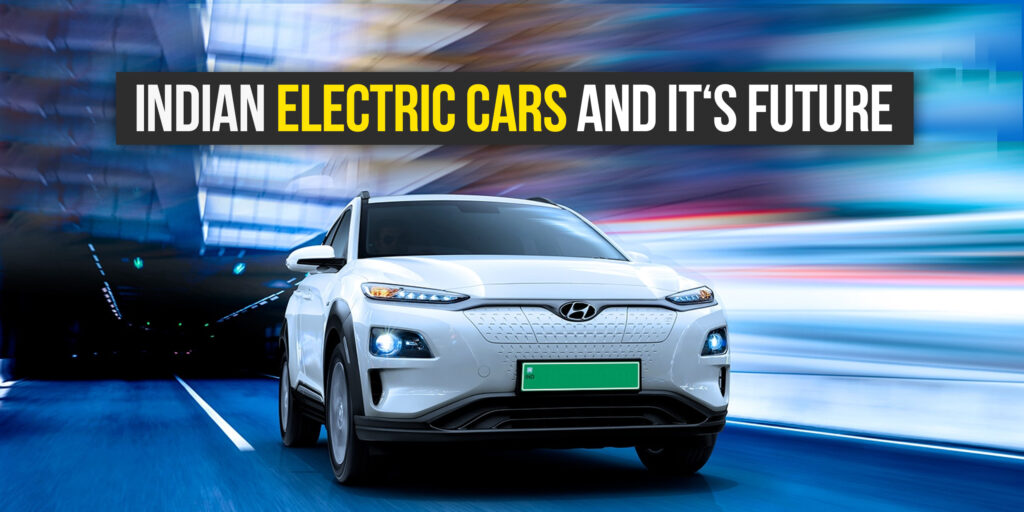Welcome, fellow electric car enthusiasts! In this article, we’ll take a deep dive into the exciting world of electric vehicles (EVs) and explore what the future holds for EVs in India. From government policies to technological advancements, we’ll cover it all.
So, fasten your seatbelts and let’s embark on this electrifying journey together!
Table of Contents:
- Government Policies and Initiatives
- Technological Advancements
- Infrastructure Development
- Market Trends and Consumer Adoption
- Environmental Impact and Sustainability
- Challenges and Opportunities
- Industry Partnerships and Collaborations
- Future Outlook
Government Policies and Initiatives
India’s journey towards sustainable mobility has been fueled by progressive government policies and initiatives. With schemes like FAME India and incentives for EV manufacturers, the government is paving the way for a greener future.

Technological Advancements
From advancements in battery technology to the development of smart charging solutions, the EV industry is witnessing rapid innovation. These technological strides are making EVs more efficient, affordable, and accessible to Indian consumers.
Infrastructure Development
A robust charging infrastructure is essential for the widespread adoption of EVs. While India has made significant progress in this area, challenges remain. However, initiatives like the National Electric Mobility Mission Plan (NEMMP) aim to address these challenges and accelerate infrastructure development.
Market Trends and Consumer Adoption
The Indian EV market is witnessing a surge in demand, driven by following factors:
- Rising Fuel Prices: As conventional fuel prices continue to soar, consumers are increasingly drawn towards the cost-saving benefits of electric vehicles (EVs).
- Environmental Awareness: Growing concerns about climate change and pollution have prompted individuals to consider eco-friendly transportation options like EVs.
- Government Incentives: Various government schemes and incentives, such as subsidies, tax rebates, and incentives for EV manufacturers, are encouraging consumers to switch to electric vehicles.
As more consumers embrace EVs, manufacturers are introducing a diverse range of electric cars to cater to different needs and preferences.
Environmental Impact and Sustainability
One of the primary drivers of EV adoption is their positive impact on the environment. By reducing greenhouse gas emissions and dependence on fossil fuels, EVs play a crucial role in combating climate change and promoting sustainability.
Challenges and Opportunities
While the future of EVs in India looks promising, there are challenges to overcome, such as
- High Upfront Costs: The initial cost of purchasing an electric vehicle is often higher than that of traditional vehicles, posing a barrier to entry for some consumers.
- Range Anxiety: Concerns about the limited driving range of EVs and the availability of charging infrastructure contribute to range anxiety among potential buyers.
- Infrastructure Constraints: The inadequate charging infrastructure in certain regions limits the widespread adoption of EVs, especially in rural areas and cities with limited charging stations.
However, these challenges present opportunities for innovation and collaboration within the industry.

Industry Partnerships and Collaborations
To drive innovation and accelerate EV adoption, industry players are collaborating on various fronts, from battery technology development to charging infrastructure expansion. These partnerships are instrumental in shaping the future of mobility in India.
Future Outlook
The future of EVs in India is bright, with projections indicating exponential growth in the coming years. Following factors are poised to revolutionize the Indian automotive landscape:
- Technological Advances: Continuous advancements in battery technology, motor efficiency, and vehicle design are making EVs more accessible, efficient, and affordable for consumers.
- Costs Decline: As technology evolves and economies of scale are realized, the manufacturing costs of EVs are expected to decrease, making them more competitive with traditional vehicles.
- Infrastructure Improvements: Investments in charging infrastructure expansion and innovations in fast-charging technology are addressing infrastructure constraints, paving the way for increased EV adoption.
In conclusion, the future of electric vehicles in India is filled with promise and potential. With supportive government policies, technological advancements, and growing consumer acceptance, EVs are set to redefine the way we commute and contribute to a cleaner, greener future.
Ready to join the electric revolution?
Visit Car Galaxy, the Premier Car Dealer in Thane, Mumbai, to explore a wide range of electric cars and embark on your journey towards sustainable mobility.
Experience the best value, comprehensive car services, and unbiased advice tailored to your needs. Let’s drive towards a brighter, cleaner future together!

